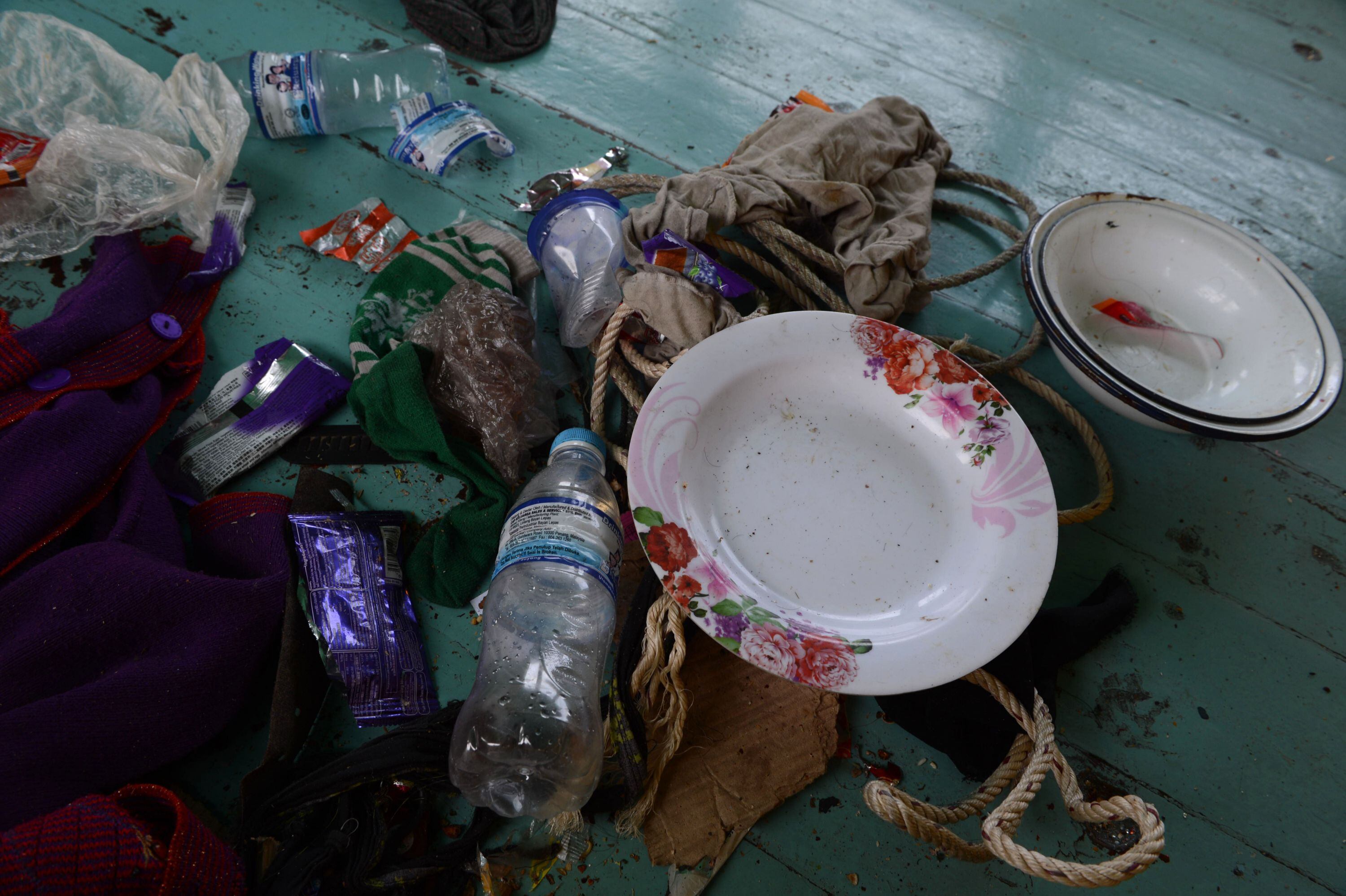
The 5th UN Environment Assembly (UNEA-5), the world’s main environmental decision-making body, approved a resolution to start negotiating the first global treaty against plastic pollution.
On the last day of the conference, which began Monday in Nairobi, the closing plenary of UNEA-5 adopted a text for the creation of an intergovernmental committee with the mandate to negotiate a legally binding international pact.
“I see no objection. Therefore, (the resolution) is adopted”, stated the Norwegian Minister for the Environment, Espen Barth Eide, whose country holds the presidency of the Assembly, approving the adoption of the text with a symbolic blow of a hammer made from recycled plastic.
“Thanks. We are making history today”, Eide stressed before a standing plenary that celebrated the approval of that text with a standing ovation of about a minute.
The resolution, approved by the delegations of the governments of the UN member states, is based on three proposals presented by Peru and Rwanda (the one that received the most support, receiving the support of some 60 countries), Japan and India, respectively. .
The executive director of the United Nations Environment Program (UNEP, based in Nairobi and sponsor of UNEA-5), Inger Andersen, already anticipated this morning at a high-level meeting, when everything pointed to the imminent approval of the resolution, which “is a historic moment.”
“As I told negotiators a few days ago, the world is demanding that we act on plastic pollution. They, the negotiators, have taken the first step in this process by agreeing to establish an intergovernmental negotiating committee that will forge a global agreement on plastic pollution.Andersen said.
The magnitude of the problem is reflected in studies such as the one published last week by the Organization for Economic Cooperation and Development (OECD), which warns that the production of plastics in the world has quadrupled in the last thirty years and the waste that generated doubled between 2000 and 2019.
The OECD estimates that there are 30 million tons of plastic in the seas and another 109 million tons in the rivers, which means that it will continue to be dumped into the oceans for decades.
The second part of UNEA-5, which has already held its first session in 2021 virtually due to the COVID-19 pandemic, has adopted a hybrid participation formula (face-to-face and virtual) in the Kenyan capital.
According to UNEP data, more than 3,400 in-person and 1,500 online delegates from 175 UN Member States have participated in UNEA-5 in Nairobi, including 79 ministers and 17 high-level officials.
Source: Gestion
Ricardo is a renowned author and journalist, known for his exceptional writing on top-news stories. He currently works as a writer at the 247 News Agency, where he is known for his ability to deliver breaking news and insightful analysis on the most pressing issues of the day.











